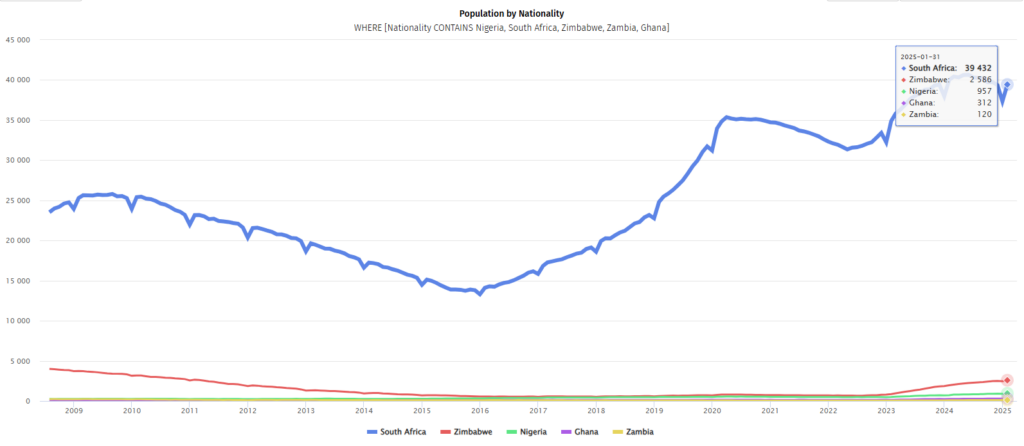The Birth of a Nation: Zimbabwe’s Independence
Zimbabwe, formerly known as Rhodesia, gained its independence from British colonial rule on April 18, 1980. This was after a long and bitter liberation struggle led by nationalist movements such as the Zimbabwe African National Union (ZANU) and the Zimbabwe African People’s Union (ZAPU). The struggle, known as the Second Chimurenga, was aimed at dismantling white-minority rule under Ian Smith’s Rhodesian government. Independence was achieved through negotiations at the Lancaster House Conference in 1979, which led to democratic elections and the appointment of Robert Mugabe as the first Prime Minister of an independent Zimbabwe.

Why Zimbabweans Migrated to New Zealand
The movement of Zimbabweans to New Zealand can be traced back to various socio-economic and political factors. Some of the key reasons include:
- Political Instability and Economic Decline – The early 2000s saw economic turmoil in Zimbabwe due to controversial land reforms, hyperinflation, and political violence. Many skilled professionals and families sought stability abroad, including in New Zealand.
- Better Employment Opportunities – Zimbabweans, particularly those in health care, engineering, education, and trades, have found career opportunities in New Zealand’s growing economy.
- Education and Quality of Life – Many Zimbabwean families migrated for better education opportunities for their children and improved living conditions.
- Family Reunification and Refugee Resettlement – Some Zimbabweans moved to New Zealand through family sponsorship or as part of humanitarian programs.
Trends of Zimbabweans in New Zealand
According to data from the Ministry of Business, Innovation & Employment, the Zimbabwean population in New Zealand has fluctuated over the years:
- 2009: The highest recorded population of Zimbabweans in New Zealand was around 4,000.
- 2017: Numbers declined significantly to a low of 522 due to various migration factors, including visa restrictions and economic recovery efforts in Zimbabwe.
- 2024: The Zimbabwean population has risen again to 2,589, indicating a growing trend in migration, likely due to new economic opportunities and changes in immigration policies.
In comparison with other African communities in New Zealand:
- Ghana – 315
- Zambia – 120
- Nigeria – 957
- South Africa – 39,420

Despite being a relatively small community, Zimbabweans in New Zealand are known for their strong work ethic, community involvement, and entrepreneurial spirit. Many Zimbabweans have integrated well into Kiwi society, contributing to industries such as health care, construction, and engineering.
The Future of Zimbabweans in New Zealand
As migration trends continue, the Zimbabwean community in New Zealand is expected to grow. With the increasing demand for skilled workers and evolving immigration policies, New Zealand remains a desirable destination for many Zimbabweans seeking better opportunities. Furthermore, community groups and social organizations continue to strengthen Zimbabwean culture in New Zealand through events, business networks, and cultural exchanges.
The journey of Zimbabweans in New Zealand reflects resilience, adaptability, and the pursuit of a better future while staying connected to their roots.
